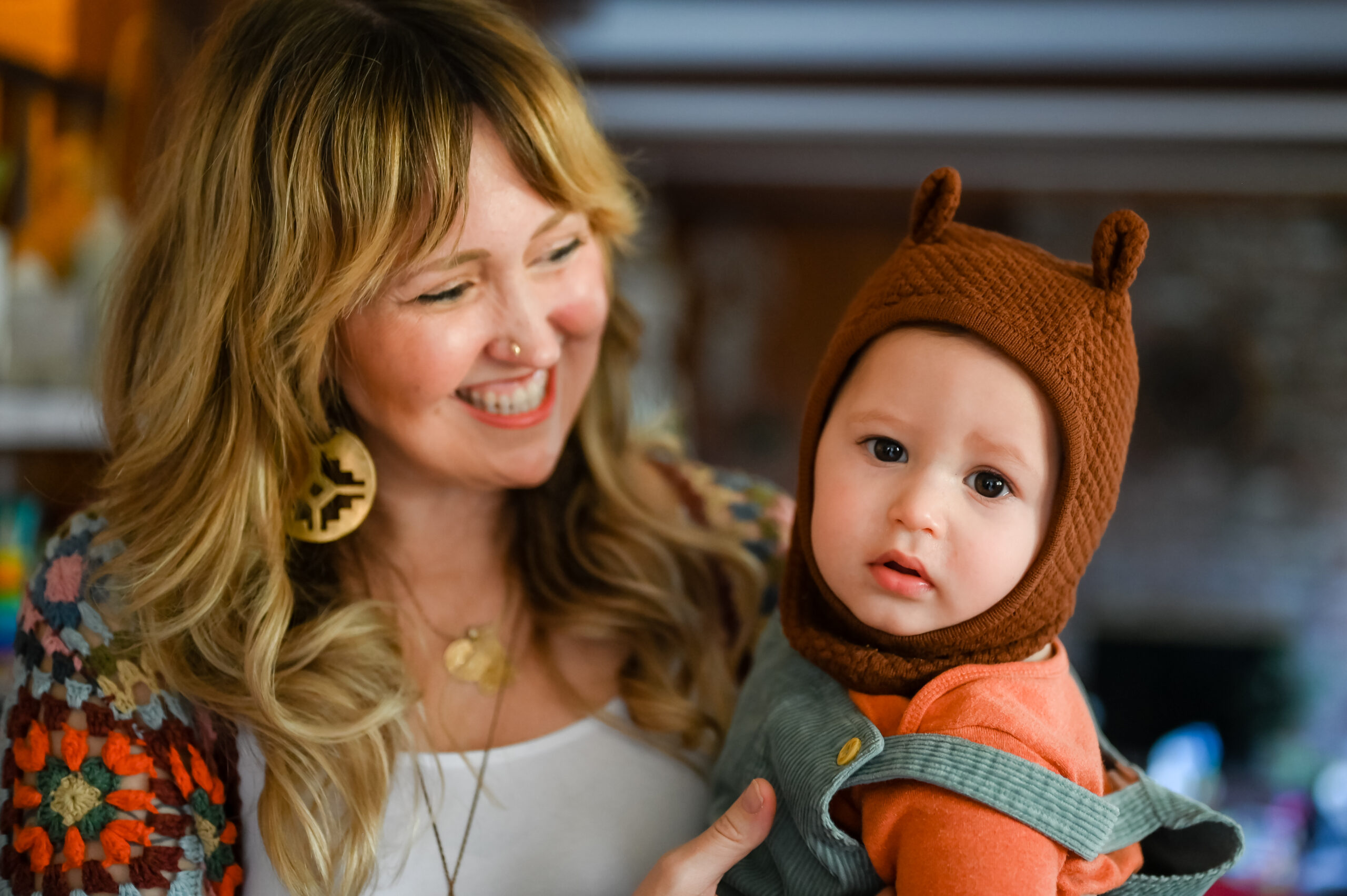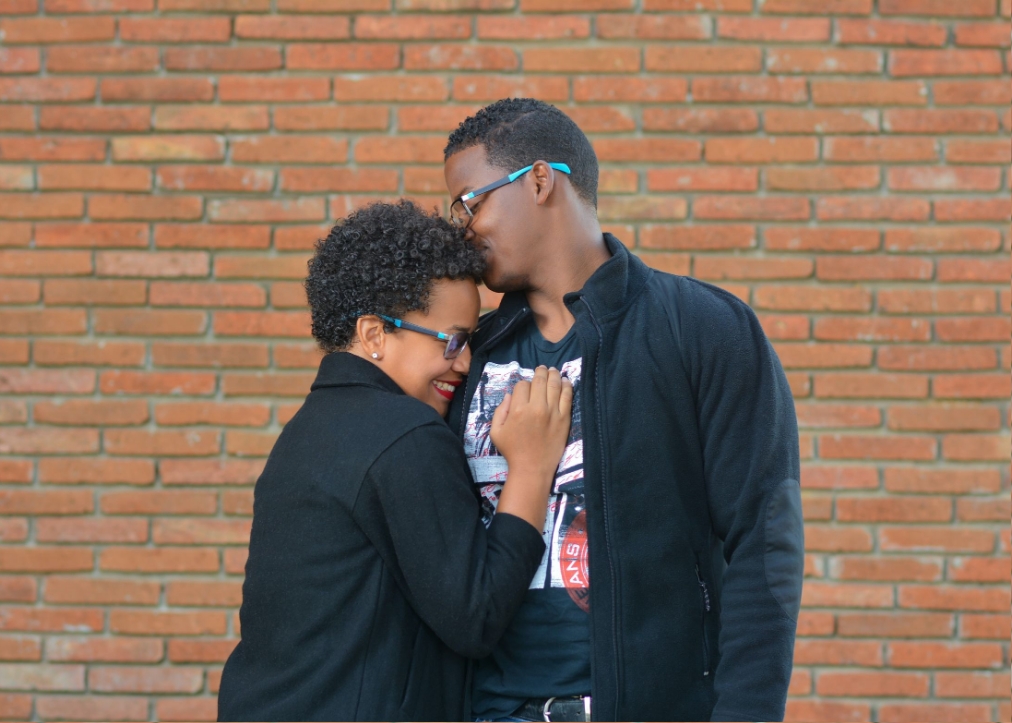See if any of these scenarios feel familiar to you:
- You’re arguing with your partner and start to feel overwhelmed. Even though they’re asking you to stay, you need to get out of there. You leave and ignore your partner’s calls for several days.
- Your partner wants to snuggle up with you on the couch, but you start to feel annoyed and angry with their clingy and needy behavior.
- You seem to be the one who is “logical” in your relationship, and your partner seems to always want to talk about feelings and emotions.
- You had an amazing date with someone that you really like, but instead of texting them back when they inquire about a second date, you ignore them for several days without knowing why.
- You enjoy having people around, but you don’t necessarily want to talk.
- You have a hard time identifying your own emotions, but you have a good handle on how the people around you feel.
- When you are upset you want to be alone.
Have any of those scenes played out in your life? If so, you might have an avoidant attachment style.
Attachment styles are the framework of how we relate to being close to and dependent on someone, usually a romantic partner. We learn how to attach to our loved ones from our primary caregivers when we were children. Our caregiver’s ways of loving and caring for us teach us how to relate to others who are closest to us. Specifically, how our caretakers handled our upset feelings and how they handled their own upset feelings dramatically affects how we are with our romantic partners.
Today we’re going to focus on one style, Avoidant Attachment.
Caregivers who are emotionally unavailable to their children most of the time tend to raise avoidantly attached children. These kinds of parents tend to disregard, ignore and dismiss their children’s needs, and encourage them to “grow up” and be independent before they’re ready. As a child, you probably learned very quickly that seeking affection when you were scared or in pain would lead to a negative outcome, so you adjusted accordingly.
As an adult with avoidant attachment you don’t look for soothing or security when you’re upset or in pain, but rely on a life motto of, “I can completely take care of myself.” You value your independence above all other things, even your relationships.
Avoidant attachers suppress their need for intimacy, and so sometimes seem like they have no emotions at all — but that couldn’t be further from the truth. Avoidant attachers are also nervous about being abandoned just like anxiously attached adults, but have developed a different strategy of “I’m fine on my own” to defend against that fear of abandonment.
As an avoidant attacher, when you get too intimate with someone and start to feel that the relationship is jeopardizing your independence, do you rely on these strategies to help yourself feel better?
- Do you pull away when things are getting too intimate, such as right before a long vacation with your partner, or right after connecting sexually?
- Do you tend to fall for relationships that don’t have a future, like with partners who are long-distance or married/committed to someone else?
- Do you have a difficult time discussing commitments like marriage or moving in together, and tend to avoid those conversations altogether or zone out when you’re having them?
- Do you often feel blamed in a relationship but have no idea how to please your partner?
- Do you miss your partner when they’re not around and then feel trapped and resentful when you finally see them again?
- Do you often keep secrets from your partner and leave details foggy, to maintain your sense of independence or because you feel pressure to express yourself?
Though these are very helpful strategies to protect yourself from being hurt, they’re also strategies that keep you from having loving, close relationships with a secure attachment. Safe doesn’t always mean happy!
What can you do about it?
Operating from an avoidant attachment strategy can be very painful. You may very much want a relationship that feels fulfilling and safe, but not know how to get it without feeling like you’re compromising some part of yourself that needs boundaries and protection.
But there are ways that you can help yourself, and ways that your partner can help you that will make your relationships run much more smoothly. You can read more about them here.
If you’re still not sure about your attachment style, I recommend you take this short test to find out more.






